50 Science Fiction Essentials Written by Women features many Tachyon authors
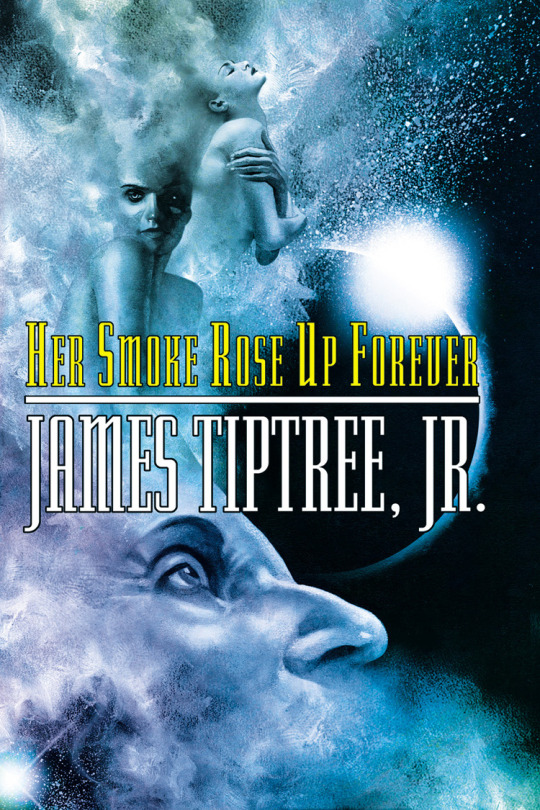
On B&N SCI-FI & FANTASY BLOG, Jeff Somers names 50 Science Fiction Essentials Written by Women. The impressive list features several selections written by Tachyon authors.
This month we celebrate women’s history—and today, women’s future history. What better way to highlight the amazing contributions women have made to science and culture than highlighting some of the most creative minds ever, and their surprising, thought-provoking, mind-blowing visions of tomorrow?
The history of science fiction in the Western world owes a huge debt to women. Many of the earliest and most influence works in the genre were composed by women, and women have supplied the field with many of its greatest writers through the years. To bring the point home, we took a few minutes to come up with a list of 50 essential sci-fi books written by women—and we could easily have kept going (and hope you will in the comments).
HER SMOKE ROSE UP FOREVER, by James Tiptree, Jr.
Tiptree was the pseudonym of Alice Bradley Sheldon, and one of the most remarkable aspects of her career is the fact that most people knew it was a pseudonym, but assumed the writer was male—in fact, several famous sci-fi writers and editors expounded on the masculine qualities of her writing over the years before her identity was revealed. Sheldon worked mainly in short fiction, and was brilliant, as this essential collection will prove.
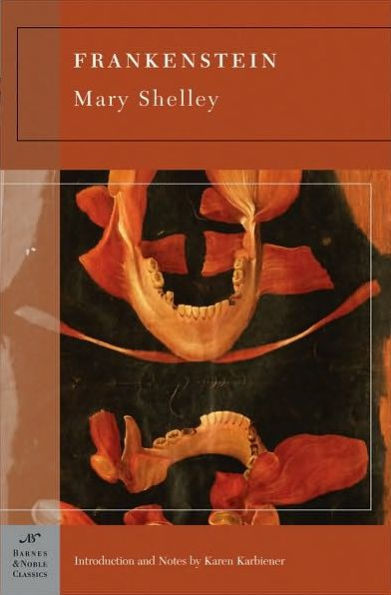
Frankenstein, by Mary Shelley
Two centuries after its composition, Frankenstein continues to be adapted, copied, interpreted, and misunderstood. The popular interpretation holds that “humanity shouldn’t mess with the laws of nature,” but Shelley’s novel is subtler than that. Frankenstein is, rather, a strenuously pro-science novel that indicts man for his callousness toward non-human life. The “monster” of the novel is smart and tragic—the true fiend is Dr. Frankenstein himself, not because he pursues knowledge and scientific breakthroughs, but because he holds the results of his work in contempt and refuses to accept the consequences of his actions. The horror folks are always trying to claim this one as their own, and we say: fight us.
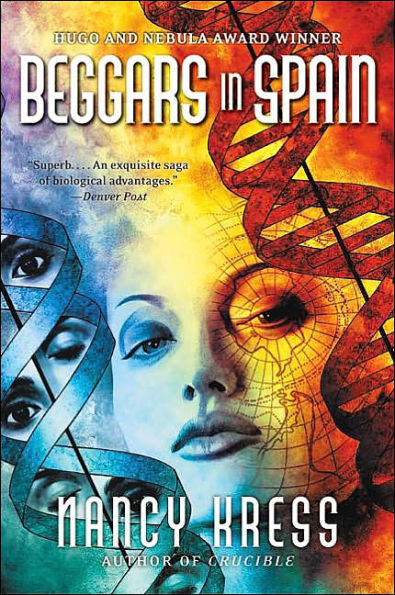
Beggars in Spain, by Nancy Kress
Genetic editing, cold fusion, humans who have been modified to not need sleep—and that’s just for starters. Kress’ 1993 novel is set in a future where the emergence of the Sleepless, people who prove to be almost superhuman in their capabilities and lifespan, at first sparks violence against them, and then transforms the world in unexpected ways. Over the course of decades, Kress traces how America reorganizes itself into a tiered society, with Sleepless on top and the “Livers” on the bottom, as a philosophy known as Yagaiism (named after the scientists responsible for the Sleepless) argues that only the productive matter, and only contractual relationships work. Kress packs an incredible number of thought bombs into this engaging story.
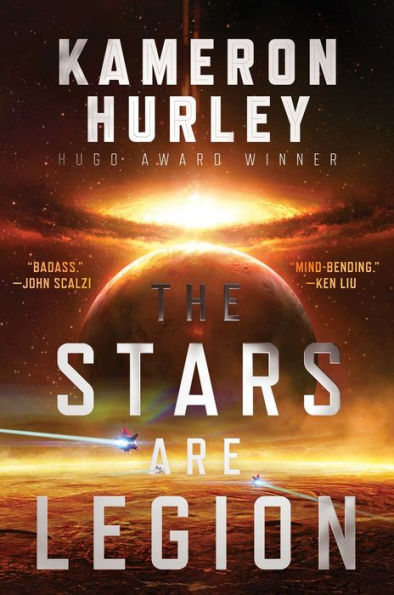
The Stars Are Legion, by Kameron Hurley
A woman named Zan wakes up in a sick bay minus most of her memories. She is greeted by a woman named Jayd, daughter to the lord of the Katazyrna, who says they are sisters, and that Zan is the only one who can help her people. From this intriguing beginning, Hurley throws us furiously into a universe where women fight and die for and aboard living worldships crewed and maintained by their solely female populations, who give birth to everything needed to keep the ships healthy: children, monsters, even fleshy mechanical parts. But the Katazyrna is a dying world, and the coveted worldship Mokshi may hold the secret that will save it. Before Zan can get her bearings, Katazyrna is ambushed, and Zan and Jayd are thrust into dangerous new roles and a fight for their lives in a landscape that’s constantly shifting underneath them—and the reader. This is space opera like you’ve never seen it—angry, feminist, ferociously inventive, and not a little frightening.
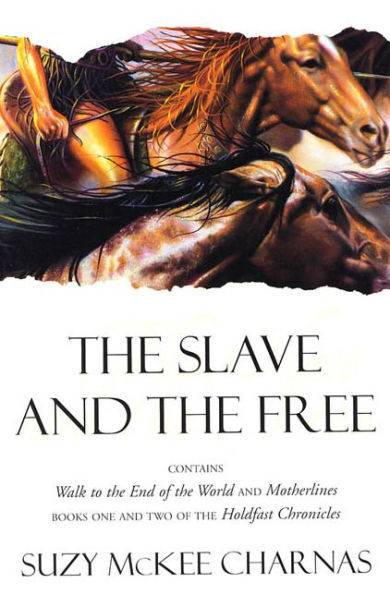
Walk to the End of the World, by Suzy Mckee Charnas
This is a tough book to read. The first of Charnas’ Holdfast Chronicles, it’s set in a post-apocalyptic world where the only human survivors are descended from a group of white men who rode out the apocalypse in a shelter. All other people were apparently killed, leaving the men to form a sick, horrifying society straight out of a Men’s Rights brochure: all other races are considered subhuman, and blamed for bringing about the end of the world, and women—called Fems—are considered degenerate subhumans, good for little more than breeding, hard labor, and cruelty. The men aren’t much better off, divided into three tiers: boys, often preyed upon by pedophiles; Juniors, responsible for the management of the Holdfast; and Seniors, who take most of the food and comfort for themselves. Charnas pulls off a late-inning POV switch that expands the scope of the story in a disorienting way, resulting in a powerful reading experience that exposes the worst of humanity in surprising and shocking ways.
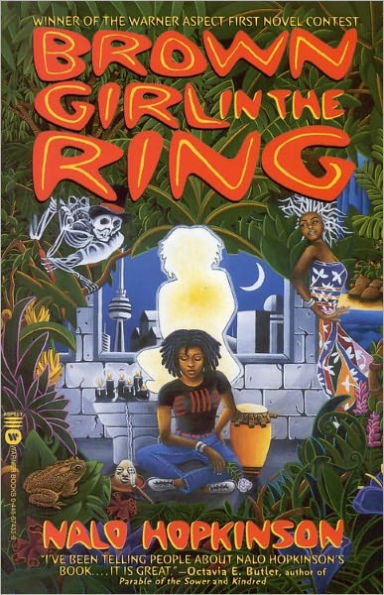
Brown Girl in the Ring, by Nalo Hopkinson
Nalo Hopkinson is a Jamaican-Canadian writer who brings a totally original perspective to this dystopian novel, set in a future Toronto that has suffered a financial collapse and become isolated from the rest of the world. Inside Toronto, it’s chaos, with the only order imposed by criminal gangs as the poor struggle for daily survival. Ti-Jeanna is a young new mother living with her spiritually-gifted grandmother and dealing with her lover, a member of the ruling gang. Hopkinson does a marvelous job of pouring Jamaican and West Indian culture into this feminist vision, telling a story where women have a special cultural bond and special spiritual abilities, set against a bleak dystopia that’s rooted in frightening realistic possibility.
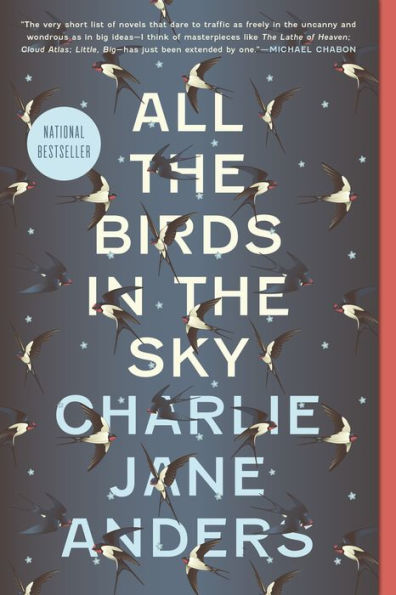
All the Birds in the Sky, by Charlie Jane Anders
Charlie Jane Anders’ science fantasy debut could fit on any number of lists—it’s one of those rare books that’s a lot of different things all at once. It tells the story of Patricia Delfine and Laurence Armstead, childhood friends who discover early on that they’re extremely talented—Patricia in magic, Laurence in science. Separated for years, they pursue their respective disciplines and are in turn recruited into twin efforts to save an Earth slowly being torn apart by climate change and other forces. When they find each other again, it’s not certain whether they’re destined to save the world, or destroy it. The divide between science and magic is a recurring theme, and adds a wonderful sense of tension to a novel bursting with ideas.
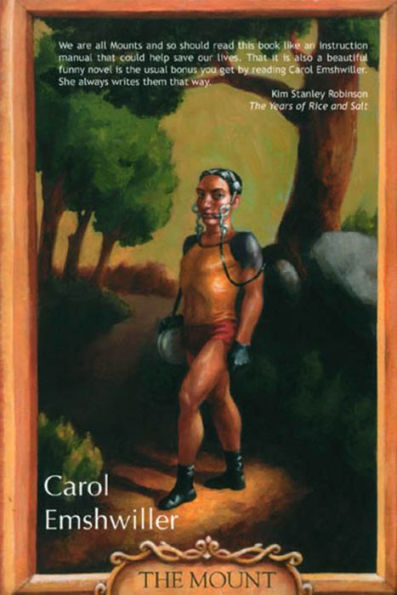
The Mount, by Carol Emshwiller
In a genre where it sometimes seems the one constant is a smug assumption that whatever the future is, it will be dominated by humans, Emshwiller’s 2002 novel subverts our expectations. It describes an Earth where humanity had been subjugated by the herbivorous Hoots, alien beings who are essentially highly-advanced prey who have adapted abilities that allow them to dominate predators. Humans are used as riding mounts by the Hoots, who have difficulty getting around on their weak legs, and they treat us very much the way we treat horses today—though we retain the very human abilities to think, resent our masters, and foment a revolution. Emshwiller’s willingness to imagine a sci-fi future where humanity itself has become the oppressed, mistreated half of a binary relationship is a genius way of shocking even the wokest among us into reevaluating our preconceived notions of our supposed exceptionalism, understanding of sexuality, and very existence. A disturbing and fascinating sci-fi vision.
For more info about HER SMOKE ROSE UP FOREVER, visit the Tachyon page.
Cover by John Picacio
